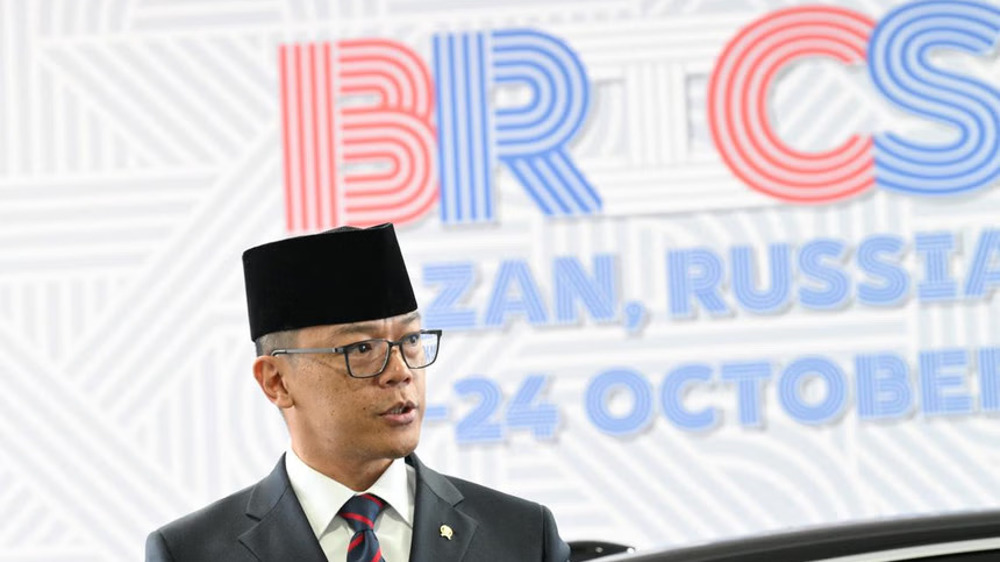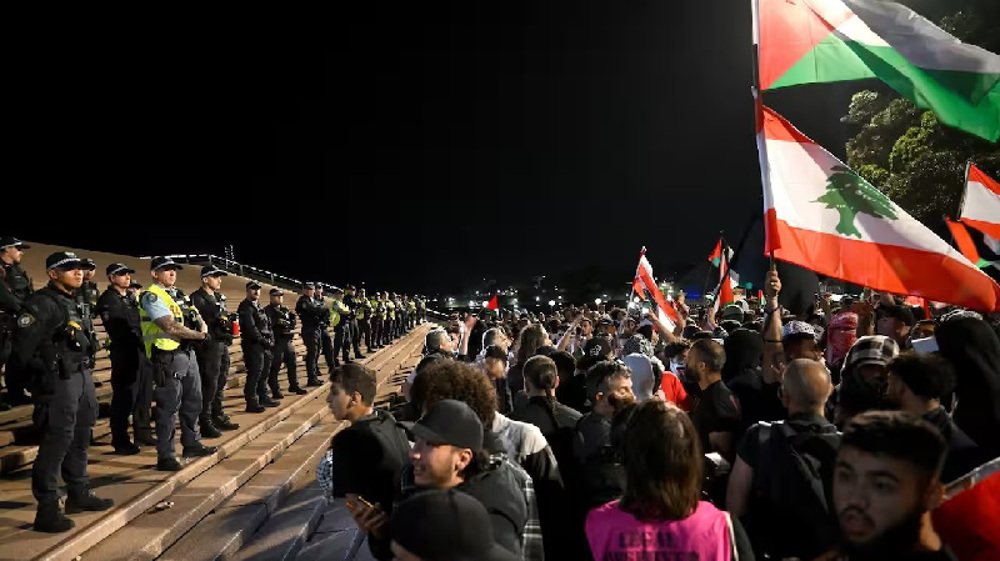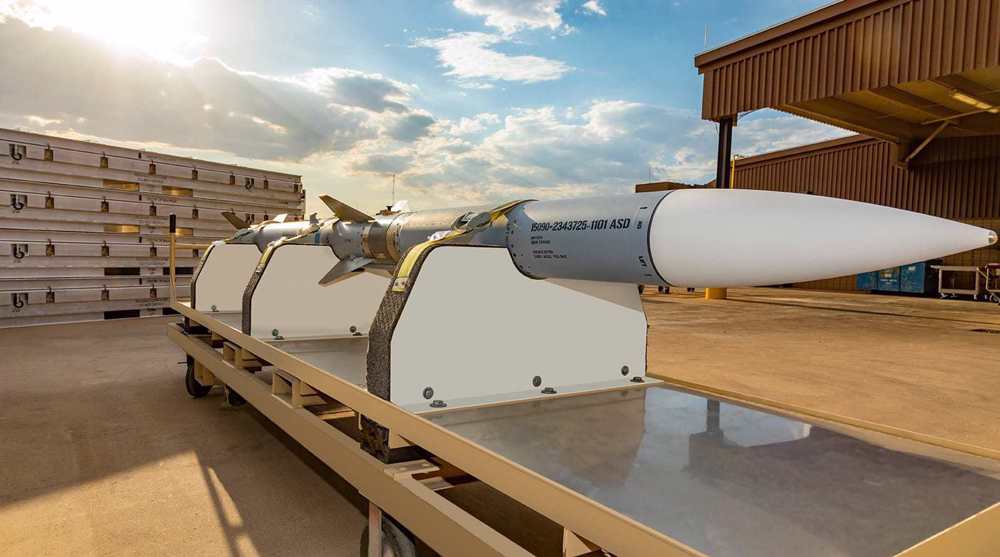China, Taiwan leaders shake hands in historic meeting
China and Taiwan’s heads of state have shaken hands in a first meeting to be held at such a level since the island broke away from China in 1949.
The meeting was held in Singapore on Saturday between Chinese President Xi Jinping and his Taiwanese counterpart Ma Ying-jeou.
The event is more of a symbolic nature, with both sides having said it is not to produce any agreements or statements.
‘Misters’ for peace
China and Taiwan are physically separated by the Taiwan Strait in the west Pacific Ocean. They split politically following the 1927-1950 Chinese Civil War and there have been no formal cross-strait diplomatic relations ever since.
Although the neighbors’ relations have taken a turn for the better ever since Ma came to power in 2008, China continues to regard Taiwan as part of its territory, but the self-ruled island still considers Beijing to be a threat.
Taiwan’s Mainland Affairs Council has said that, during their meeting, Ma and Xi will address one another as “mister” rather than by their official titles, which neither side recognizes.
Ma said on Thursday that he hoped the meeting will usher in the start of regular top-level dialog, but said that there were currently “no conditions” for reunification. “Here I assure you all that I’ll do my best to achieve the original goals we set – to improve cross-strait peace and to make the two sides more cooperative,” he said at Taipei Songshan Airport before flying to Singapore.
The Taiwanese president’s decision to attend the meeting with Xi has sparked debate and protests on the island, where the opposition Democratic Progressive Party has criticized his having taken the decision so close to the end of his tenure. The island is to elect a new chief executive on January 16.
China’s goals for the region
Xi’s visit to Singapore followed a two-day visit by the Chinese president to Vietnam, where he also met with other regional officials.
Speaking to Press TV’s Website, international human rights lawyer Arno Develay interpreted China’s recent flurry of meetings with regional leaders as a sign it “is not about to remain on the defensive in the wake of the recent signing of the Trans-Pacific Trade Treaty between the US and fourteen Asian countries.”
The signatories to the agreement, which came after some eight years of negotiations, include Australia, Canada, Japan, and New Zealand.
Develay said, “To be sure, China is well aware of the so-called ‘pivot’ strategy initiated at the beginning of [US] President [Barack] Obama’s term in office… It knows that the aim of this realignment in US foreign policy in the Far East is to ‘contain’ the rise of China in order to prevent it from becoming a rival not only in the region, but also eventually on the world stage.”
“China’s strategy is thus twofold. First, it will attempt to limit US influence in the region by establishing and/or reinforcing bilateral trade with traditional regional partners,” Develay said. “It will then be China’s policy to engage in a reinforcement of its military presence in the South China Sea.”
Araghchi: Iran-Russia strategic deal step toward ‘more just world’
UNRWA unraveled amid Israel's allegations, reduced intl. support
Palestinian journalist, a Sobh Media Festival awardee, killed in Gaza hours before truce
Jan. 15: ‘Axis of Resistance’ operations against Israeli occupation
VIDEO | Fears, hope in Gaza amid intensified ceasefire efforts
VIDEO | Press TV's news headlines
Hamas: Ceasefire agreement result of steadfastness, resistance in Gaza over 15 months
Hamas thanks Iran, Resistance Front following achievement of ceasefire in Gaza










 This makes it easy to access the Press TV website
This makes it easy to access the Press TV website